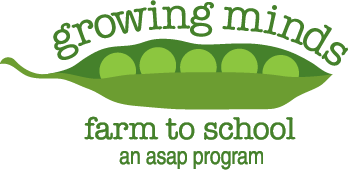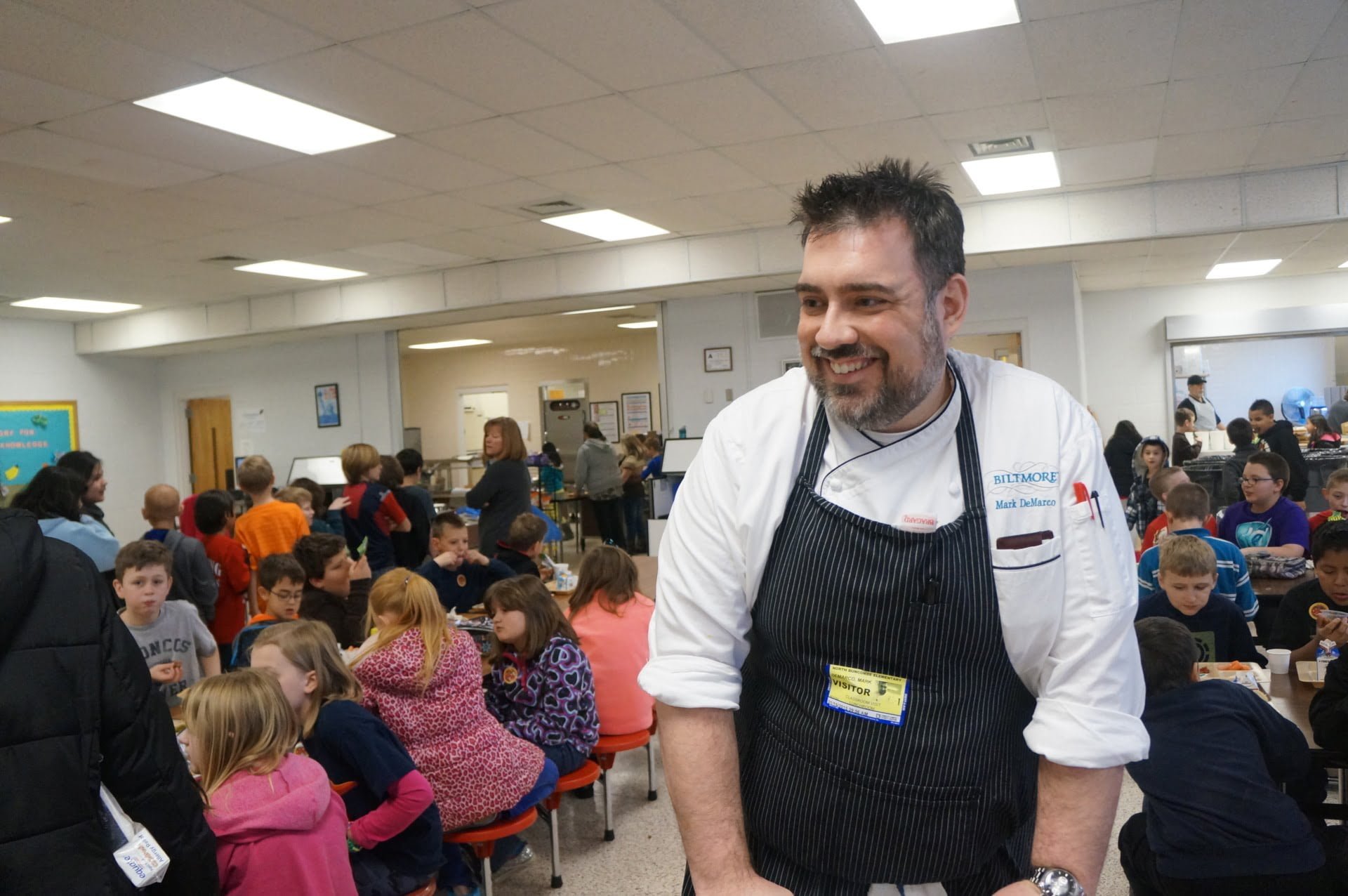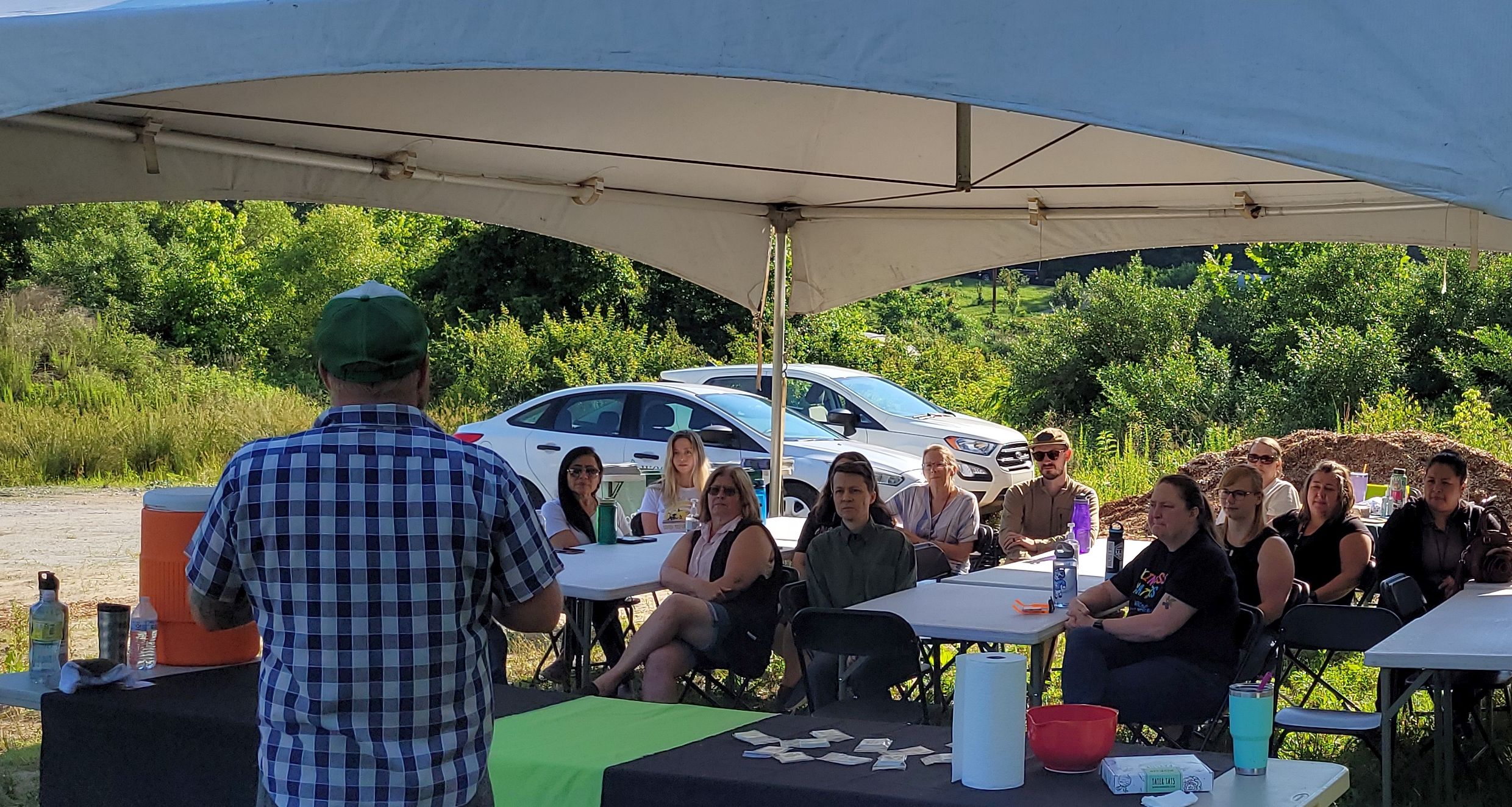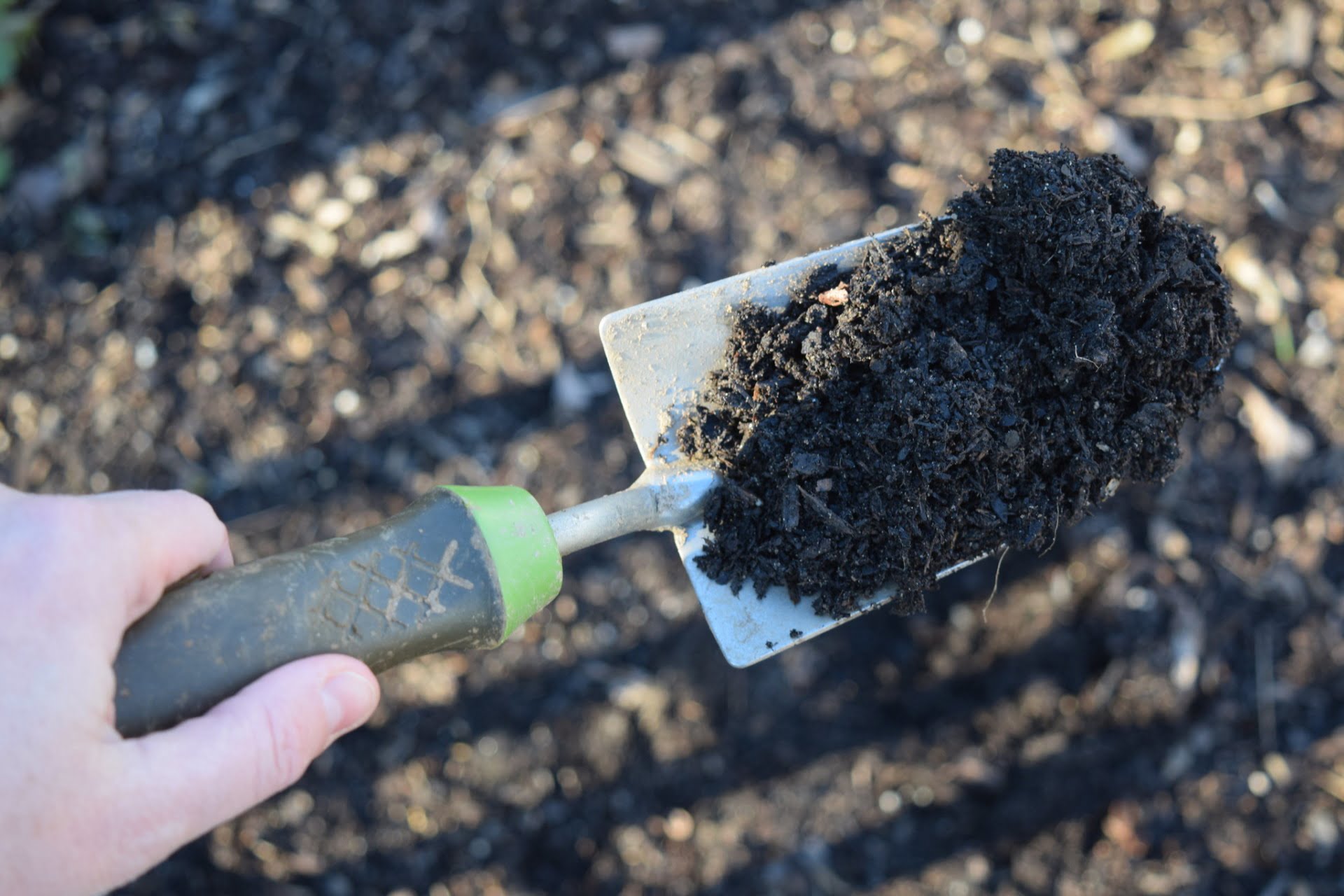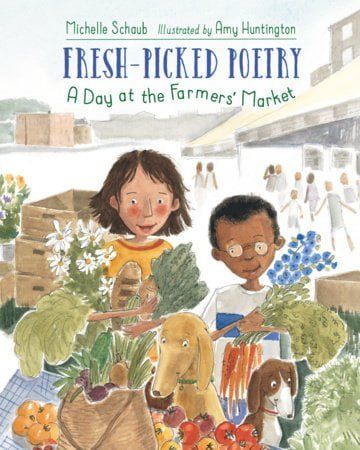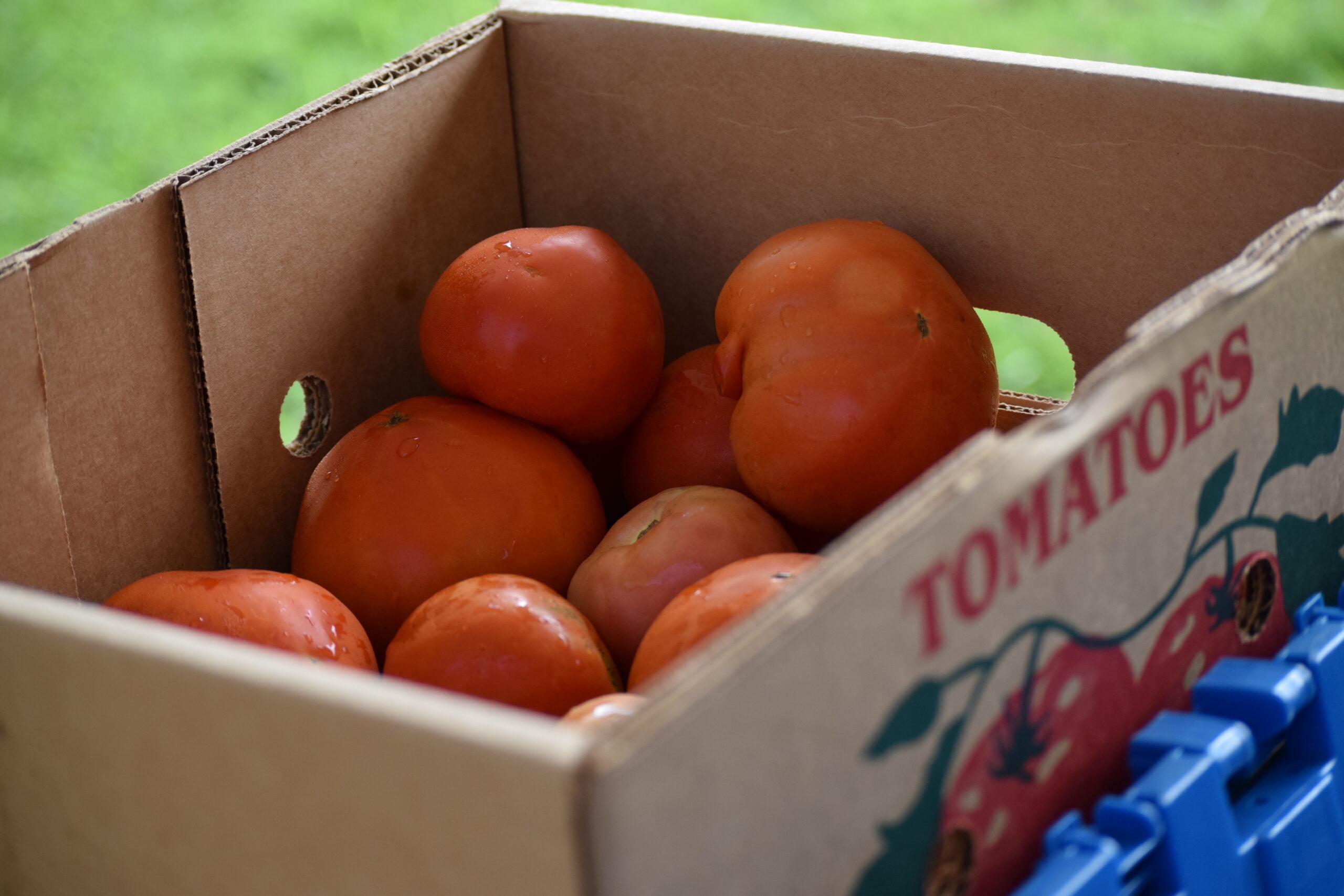Growing Minds Day by Day: Third Week of March
…greens, or cilantro. Gather the children and walk through the spring “soon-to-be” garden. Ask them to identify which plants they will grow, what animals they will see, and what other types of plants will grow. Then, have them “practice” planting the garden using their invisible tools. Get creative and ask them to make up their own tool to use, then have them demonstrate it to the class. Make some garden-inspired art! Write poems or songs about sp…
